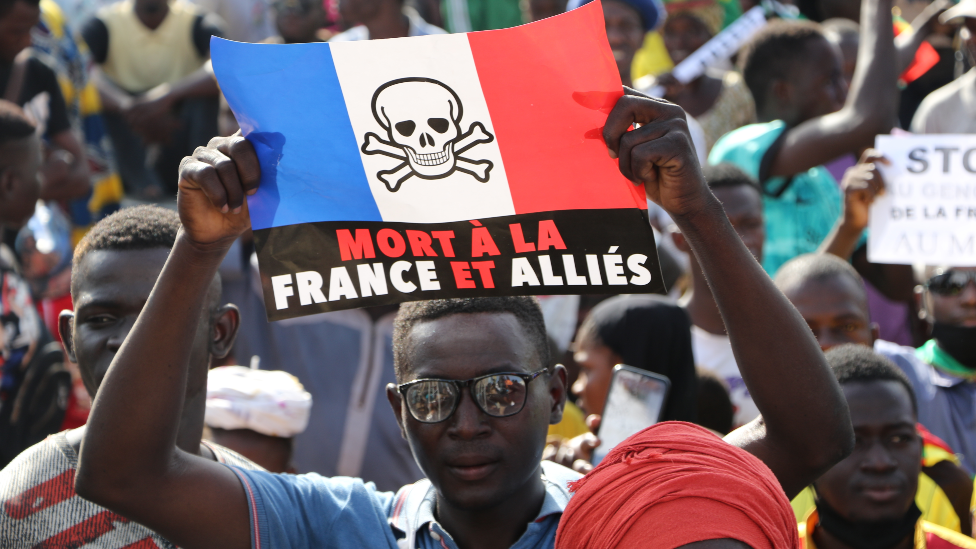
France declared on Saturday its backing for endeavors aimed at reversing Niger’s military coup, a day after the West African regional bloc announced a strategy for potential military intervention.
Niger’s military seizure of power, which marks the seventh in West and Central Africa within three years, has profoundly shaken the western Sahel region. This region is recognized as one of the world’s most impoverished areas yet holds strategic importance for global powers.
The defense leaders of the Economic Community of West African States (ECOWAS) have formulated a strategy for potential military intervention if the coup leaders fail to reinstate the elected President Mohamed Bazoum by Sunday.
This development raises concerns of additional conflict in a region that is already grappling with a lethal Islamist insurgency.
General Abdourahamane Tiani, the 59-year-old leader of the coup, who underwent part of his military training in France, affirmed that the junta would not yield.
Following a meeting between Niger Prime Minister Ouhoumoudou Mahamadou and French Foreign Minister Catherine Colonna in Paris, the French foreign ministry stated, “France supports with firmness and determination the efforts of ECOWAS to defeat this coup attempt.”
“The future of Niger and the stability of the entire region are at stake.”
The previous colonial authority, France, did not explicitly outline whether its support would encompass military assistance for an ECOWAS intervention in Niger.
ECOWAS has adopted a firm position regarding the seizure of power. Due to its substantial uranium and oil resources, as well as its crucial role in the conflict against militants, Niger carries significance for the United States, China, Europe, and Russia.
According to Abdel-Fatau Musah, ECOWAS commissioner for political affairs, peace, and security, the intervention strategy involves heads of state making the determination of when and where to take action. Musah did not provide a timeline for the intervention or specify the details of the plan.
“All the elements that will go into any eventual intervention have been worked out here, including the resources needed, the how and when we are going deploy the force,” he said at the close of a three-day meeting in Nigeria’s capital Abuja on Friday.
Whatever course of action the 15-nation entity decides upon entails the potential for increased conflict in an area where factions associated with Islamic State and Al Qaeda thrive amid instability.
They could encounter opposition as well: Niger’s neighboring countries Mali and Burkina Faso, both of which have experienced military coups in recent years, declared their readiness to stand by Niger in case of a military intervention.
Over the weekend, an ECOWAS delegation embarked on visits to Algeria and Libya in order to garner backing from significant regional actors in anticipation of potential military actions.
